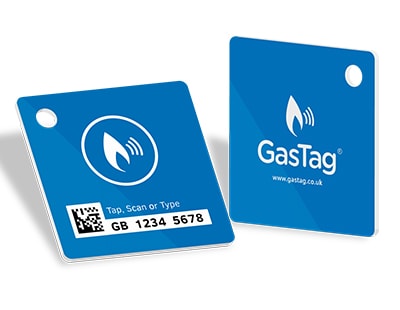Clarity of responsibility
Typically, landlords are responsible for the building’s structure and fabric. This includes the walls, the roof, electrical wiring, heating and hot water system, sanitary facilities such as sinks and toilets and the property’s pipes and drains.
There may also be other items defined in the inventory that the landlord takes responsibility over – such as cookers, washing machines etc.
While the landlord is not usually responsible for their tenants’ appliances, they should be satisfied that these do not pose a risk to the property.
On the tenant’s part, they are typically responsible for keeping the property reasonably clean and undertaking minor maintenance (such as replacing light bulbs etc.) and putting right any damage they have made to internal decoration.
Adopting a regular inspection and maintenance schedule
To ensure property owners and landlords quickly identify defects and potential problems in their property’s fabric, it is wise to instigate a programme of regular inspections and have a budget set aside for potential maintenance and repairs.
This enables landlords to spot problems in their infancy, before they develop into a major and costly repair issue.
Some sources recommend setting aside a budget of three months’ rent to cover emergencies and repair costs. If however, the property is old or a heritage one, you may need to set aside more funds for this.
Try and build these inspections into your tenancy agreements and do not wait until a tenant leaves to check the property. They may not always be undertaking basic care of the property and over time issues can escalate.
For example, landlord clients of ours have had to tackle major damp issues in their properties because the tenants hadn’t ventilated the premises properly and, over time, excessive condensation had caused a build-up of damp.
These situations are not accepted as valid claims, due to the gradual operating cause of the damage and an exclusion in policies of damage as a result of mould.
Gas and electricity
Whilst there are statutory obligations for landlords to ensure annual gas safety checks are implemented, there are no stipulations on a specific timeframe for electrical systems/ equipment in the property.
Landlords have to ensure the fixed electrical installation and all electrical appliances supplied by them as part of the fabric of the property are safe.
It is therefore sensible to adopt a regular servicing programme of the property’s electrical components (such as its wiring, boilers, cookers etc.).
Electrical Safety First (the Electrical Safety Council) is a great source of advice for landlords on their responsibilities when it comes to electrical goods and electrical safety.
Most landlords are aware they have statutory obligations in relation to the gas safety of their property. For those needing a refresher, the Gas Safe Register site is a good source of guidance.
Roofing problems
One area, which often gets missed in landlord inspection and maintenance programmes, is the property’s roof. Defects here can, however, cause major damage and disruption to the property.
It is sensible to check, say on an annual basis, that the roof is in a sound condition and commission a roofing specialist, or suitably experienced builder to conduct an assessment. Some insurance policies may insist on this, especially where there are areas of flat roof present.
The false economy of trying to cut corners
While many landlords operate on tight margins, it is often a false economy to skimp on maintenance and repair costs. Sometimes the cheapest solution simply leads to further problems emerging down the line.
Regular inspections go some way to help landlords be more proactive in tackling potential issues.
They give them more time to source quotes and find the right supplier for the repair, rather than have to pay a premium for an emergency one. Inspections also avoid small problems festering into significant ones that then require a greater financial investment to repair.
Record-keeping
Wherever possible repairs should be undertaken by specialists in that field, preferably covered by a professional body or recognised trade association which conducts checks on its members.
In the case of gas servicing this has to be done by a Gas-safe registered engineer.
It is sensible to always keep records and receipts of inspection and maintenance activities. If ever needed, these can be used to demonstrate to your insurer that you have endeavoured to keep the property’s fabric in a good state of repair.
Landlord insurance policies offer protection for sudden and unforeseen damage which occur to insured properties.
In providing that cover, insurers build into the policy’s schedule an expectation that property is kept in good state of repair and is well-maintained.
Adopting a regular inspection and maintenance programme (and having a budget to cover this), will ensure this condition of their policy is met and help landlords avoid an insurance claim being turned down on ‘state of repair’ grounds.
*This article was written by John Lanning, a director of Robinson Buckley Insurance Brokers









.png)









Join the conversation
Be the first to comment (please use the comment box below)
Please login to comment